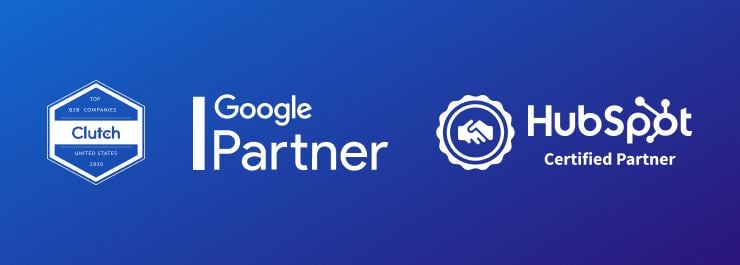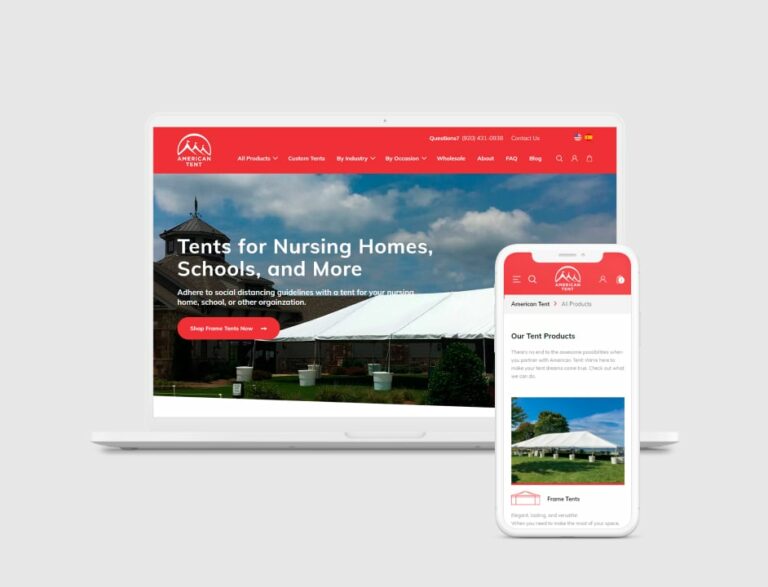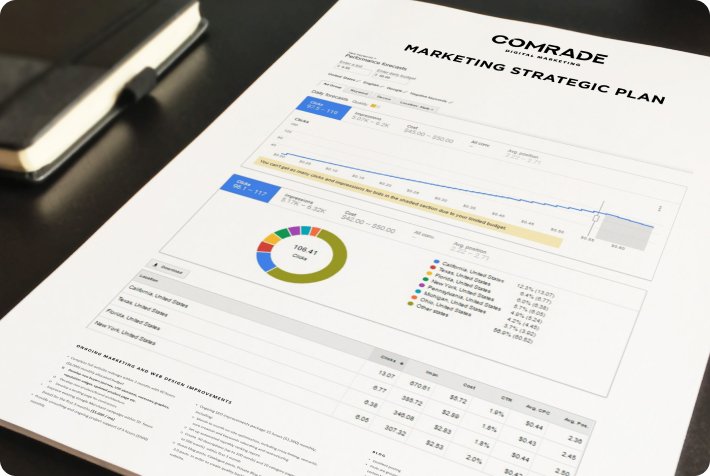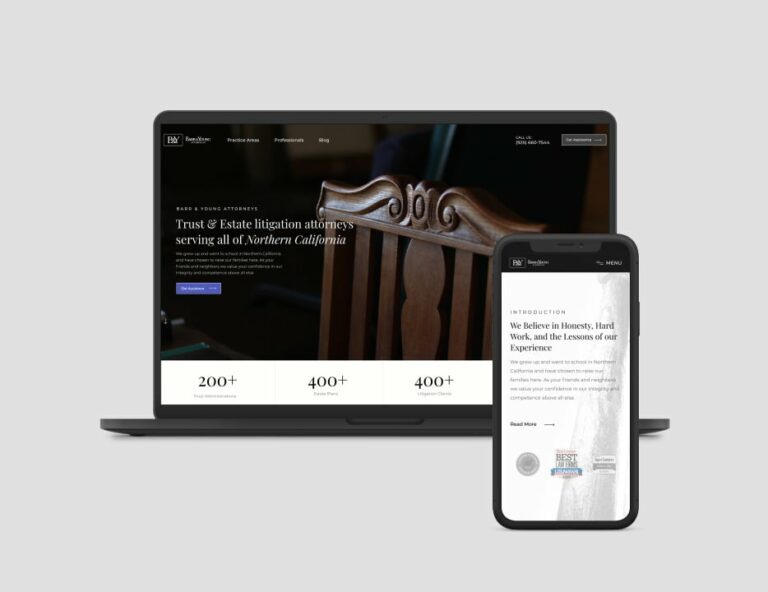
If you own a small business, it’s crucial to optimize your website for local search, as 46% of all Google searches are seeking local information. Neglecting local SEO could result in missed opportunities to attract potential customers in your area.
Local SEO can help you improve your online visibility, drive more traffic to your website, and ultimately increase revenue. But, what exactly is local SEO, and how does it work? In this post, we will explore the ins and outs of local SEO, including tips, tricks, and tools to help you optimize your website and rank higher in local search results. So, if you’re looking to boost your local presence and attract more customers to your business, keep reading.
What Is Local SEO?
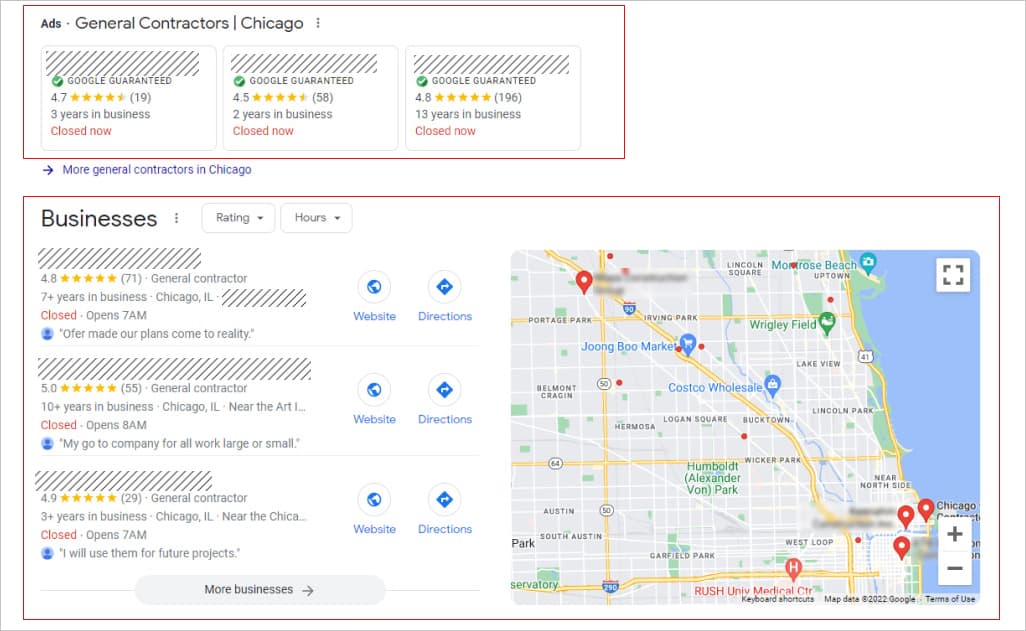
Local SEO is a branch of search engine optimization that focuses on optimizing a website to be found in local search results. It involves strategies and techniques aimed at increasing the online visibility of brick-and-mortar businesses with physical locations, helping them to attract more local traffic, leads, and brand awareness.
Why Is Local SEO Important?
Local SEO is an essential part of any business’s marketing strategy. It allows businesses to be found by potential clients who are searching for products or services in their neighborhood, boosts visibility, and organic search results in the local area. Local SEO helps to create a sense of community and loyalty among customers, as they feel more connected to businesses that are located near them.
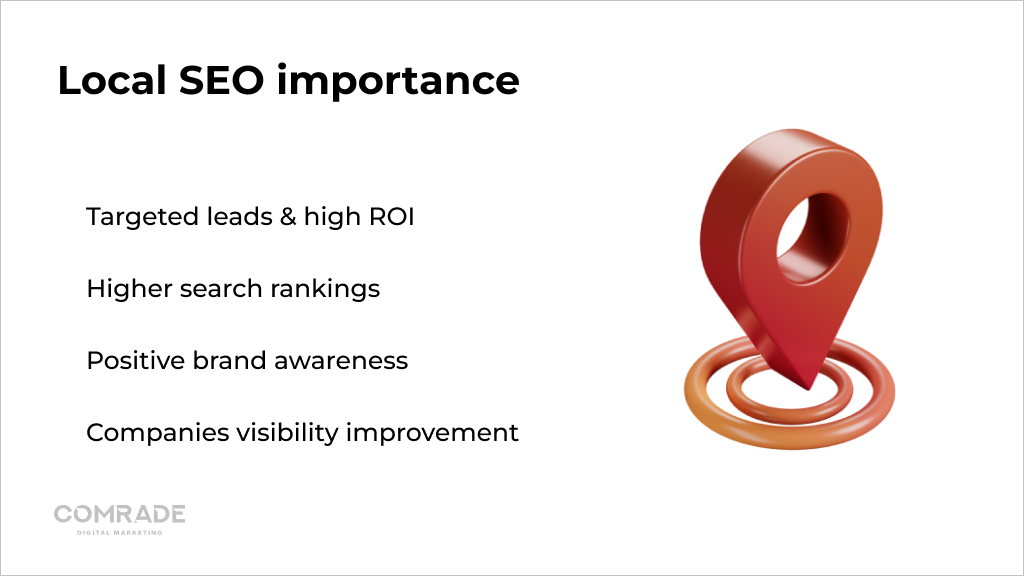
The importance of local SEO is further emphasized by statistics showing that nearly 80% of consumers use the internet to find local businesses. In addition, 76% of people who conduct a local search on their smartphone visit a business within 24 hours, and 28% of those local searches result in a purchase. Here are more reasons why Local SEO is important for businesses:
- Local SEO can help drive potential clients to a business’s physical location, allowing online search results to convert to offline sales.
- Local SEO is like a free local advertisement that provides consumers with free access to a business’s web page.
- Local SEO can help businesses get customer reviews, which is an effective way to provide prospective customers with the necessary confirmation to complete their purchase.
- Local customers with an immediate need will likely choose to shop nearby if they see a local listing, increasing the likelihood that they will choose your business over competitors located far away.
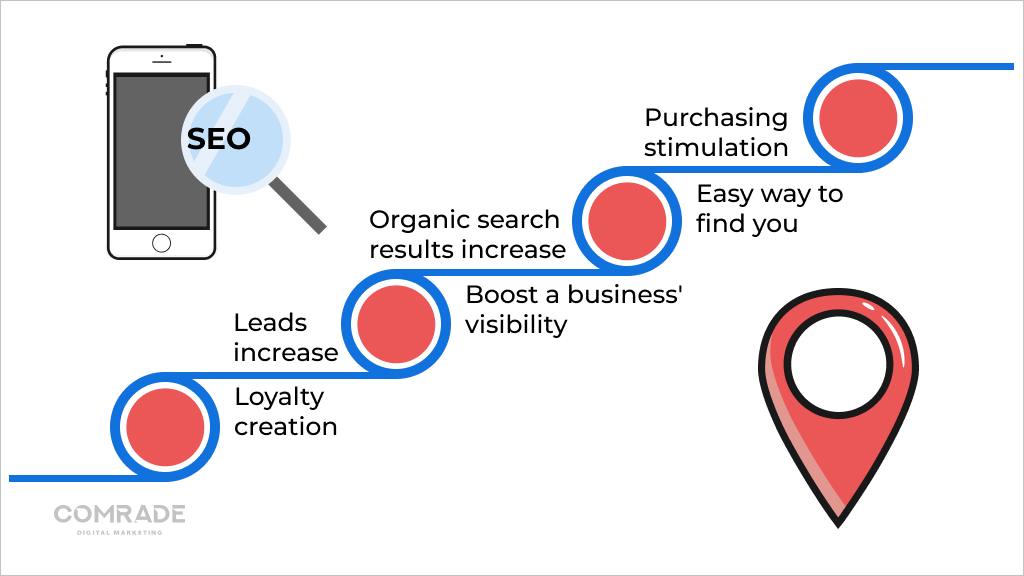
Delivering Business Results: Our Digital Marketing Case Studies
10 Best Local SEO Tips to Implement Right Now!
Now that we’ve established what local SEO is and why you should pay more attention to it, let’s take a look at what you can do to rise to the top of search engine results pages.
1. Adapt Your SEO for Voice Search
With personal assistants like Alexa, Google, Siri, and Cortana accounting for about 10% of global search volume, this tip is no surprise. Simply add more long-tail keywords to adapt this new spoken aspect of SEO.
2. Allocate a Budget for Mobile

We shouldn’t have to say this, but people keep avoiding it. As a retailer, you can expect to see as much as 70% or more of your traffic coming from mobile devices. Invest in mobile and your individual locations will benefit.
3. Establishing Local Link Building Helps Your Local SEO
Look for opportunities to cooperate with other local stores, service groups, clubs, sports teams, schools, and non-competitive establishments through co-promotion, sponsorships, etc. Link to their website either through page content or blogs and have them link back to you in the same way.
4. Improve Your Local SEO By Prioritizing Your Store Locator
To grab people on the go, optimize your store locator. You’ll see higher search rankings on relevant searches and increased local visibility for each individual location.
5. Personalize Ads For Local SEO
List town names and local areas, and add location extensions and local landing pages with hyperlocal content to boost your local ad conversions.
6. Use Local Reviews and Recommendations
People no longer have the time or patience to search through generic content. Consumers now demand relevant, local recommendations from people they can trust. Integrate local user-generated content on your local landing pages to solve this problem.
7. Any Differences in Your Business Name Are a Huge Deal
Google is smart enough to connect listings together even if they are slightly different. Just make sure the address and phone number are correct so people can reach you.
8. NAP Cleanup Should Involve Fixing Every Single One of Your Hundreds of Listings
Chances are, Google hasn’t (and won’t) index most of your hundreds of listings because they are on unmanaged sites with the same, repeated content. Don’t spend the time or money worrying about this.
9. Citation Building Is the Only Type of Link-Building Strategy You Need
Although citations are important, if that’s the only backlinking strategy you’re using, you’re most likely not going to rank well in competitive markets.
10. Google My Business Is a Citation
Google isn’t really a citation. Using the example of academic papers, Google is like the paper itself and all of your listings out on the web are the resources supporting your paper, aka your citations.
Extra Local SEO Tip: Get in Line with the Google Local Ranking Factors!
As we discussed above, local SEO is the process of optimizing your website for local search results. But what does Google use to determine which website should get the priority? Who will get on top of the local organic results or the local map pack? That’s where the Google ranking factors come in.
There are numerous ranking factors Google takes into consideration: NAP citations, reviews, google my business profile, and others that we have discussed above. However, all of them can be separated into 3 distinct categories that your business should absolutely adhere to: Relevance, Distance, and Prominence.
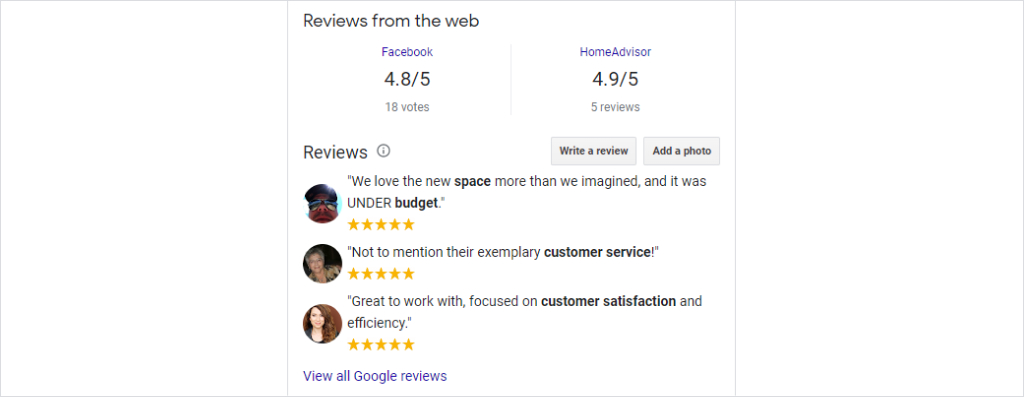
Reviews on a Google My Business profile influence website SEO ranking by enhancing online reputation, credibility, and user engagement
What Are the Google Local Ranking Factors?
- Relevance: The most important of these is the relevance of the website to the search query. Google looks at a number of factors to determine the relevance of a website, including the content of the website, the structure of the website, the number and quality of inbound links, and the user’s search history.
- Distance: Another important factor in Google Local rankings is the distance between the user and the business. If a business is physically closer to the user, it is more likely to rank higher in results. This is because Google assumes that the user is more likely to be interested in businesses that are closer to them.
- Prominence: Finally, Google also takes into account the user’s reviews and ratings when determining Local rankings. If a business has positive reviews and high ratings, it is more likely to rank higher in results. This is because Google wants to give its users the best possible results, and businesses with positive reviews are more likely to be providing a good experience for their customers.
Conclusion
By considering investing in a local SEO strategy for your business, you are already one step ahead in planning a successful marketing campaign. Today, many local businesses are turning their attention to local SEO because they want to tap into a new customer base and provide services to those who are just a few miles down the road. Whether you are a plumber in New York or a roofer in San Francisco, local SEO will allow you to connect with local customers and improve your brand awareness in your local community. Contact us if you want your small business to benefit from the help of a professional local SEO agency.
How does local SEO works?
Local SEO means 'optimizing' your online marketing to attract customers from a relevant local searches (e.g. nearby searches) through different search engines, such as Google, Bing, Safari, etc. But you also should pay attention to sites like Yelp, LinkedIn, Angi, different social media and others, because a lot of local searches happens there too.
What is a difference between SEO and local SEO
The main difference is scale: regular SEO focuses on covering of national or global scale, while local SEO helps you to boost visibility in your area. It is also easier to stand out locally due to lower competition.
How can I improve my local SEO?
A few easy steps can help you to boost performance of your business locally: adapt to the voice search, invest in mobile version of your site, establish link building with other businesses in the area, optimize your store locator, use personalized ads and user generated content to their maximum. Or you can always hire a professional. Here at Comrade Digital Marketing, we are always to happy to help you!

